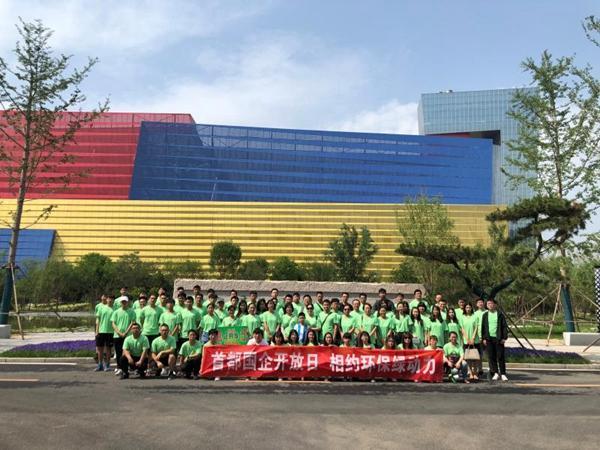For Chinese theatremaker Fang Xu, 20th-century Chinese novelist Lao She is the literary ghoul he cannot shake off. There is first the cosmic coincidence: 1966 is the year Lao died and Fang was born. But there is also his tender upbringing by his grandmother, whose language, accent and diction he recognises in Lao’s evocation of the Beijing dialect.
Since 2011, the“Lao She specialist”has made it his mission to breathe new life into his favourite author, adapting seven of his stories for the stage to critical acclaim. His latest is Lao’s most famous work of feudal and capitalistic woe, Rickshaw Boy (1937), which headlines Huayi– Chinese Festival of Arts at the Esplanade Theatre on Feb 7 and 8.
Fang, 59, says that after almost 90 years, the story of rickshaw boy Xiangzi still feels equally vital.“At heart, it’s an individual’s will and destiny in conflict with society. Everyone can understand it,” he says in his own Beijing-accented Mandarin over a phone call from the Chinese capital.
Protagonist Xiangzi is an idealistic and conscientious teenager who aspires to one day own his own rickshaw.
Fang distils the reason the parable has stood the test of time:“The substantive way we live is still similar: We expend physical or mental, or physical and mental, efforts in exchange for material goods to survive.
“But is what you give and what you get balanced? Is it fair? It’s aparadox that’s very difficult to resolve.”
A committed belief in Rickshaw Boy’s capacity to transcend cultures and time informs much of the way he has gone about the adaptation, insisting on retaining Lao’s old Beijing language.“In terms of writing literature, how can I compare to him?”
He also refused to dilute the geographical specificity of Lao’s Beijing,“the culture, the people, the hutong (alleys) and courtyard houses”which he still sees elements of in Beijing today. When the show toured other Chinese cities, including Shanghai, Dalian and Xi’an, the audience had some trouble with the language but overcame it.
“A play is not just an audio experience. It’s also expression through movement. It’s an integrated form. From the perspective of the creation of art, just like a city, it has to be unique. That’s what makes a piece of work adorable,”Fang says.
But straddling the integrity of Lao’s works and the demands of the stage has its difficulties, he admits. Lao, as an author, is known to launch into lengthy judgment and commentary on his own characters while writing.
Neither was he a writer of plot, and was better known for his forensic excavation of his characters’ psychologies.
Fang says:“Don’t expect moderntwists and turns or labyrinthine surprises.”
Some of these will be overcome by scale. Rickshaw Boy boasts a 15 member all-male cast, honouring Lao’s intention to portray rickshaw pullers as sharing collective fates. It also entails a male actor taking on the role of Huniu, an“ugly”woman who seduces Xiangzi against his will.
Chinese-Swiss actress Siqin Gaowa had played the role to widespread celebrity in the 1982 film version directed by Ling Zifeng, but had privately confided in Fang that Lao’s family was nonplussed about the result because she was not ugly enough.
Fang agreed, casting male actor Zhao Zhen as Huniu to rid her of all femininity.“It makes sense, otherwise Xiangzi would not have had such a psychological reaction after Huniu succeeds.”
Zhao’s performance left Gaowa in tears. He says with a hint of a smile in his voice:“She approved.”
True to form, Fang’s impressions of Singapore are also shaped by Lao – in his novella Little Po’s Birthday (1931), written when the author was teaching in Singapore. This is a satirising of Han-centric sentiments in the then-British colony that had a tendency to reinforce colonial hierarchies.
Fang adds some impressions of his own ahead of his first visit to the Republic:“Blue skies, white clouds and emerald sea. A very polished city.”






